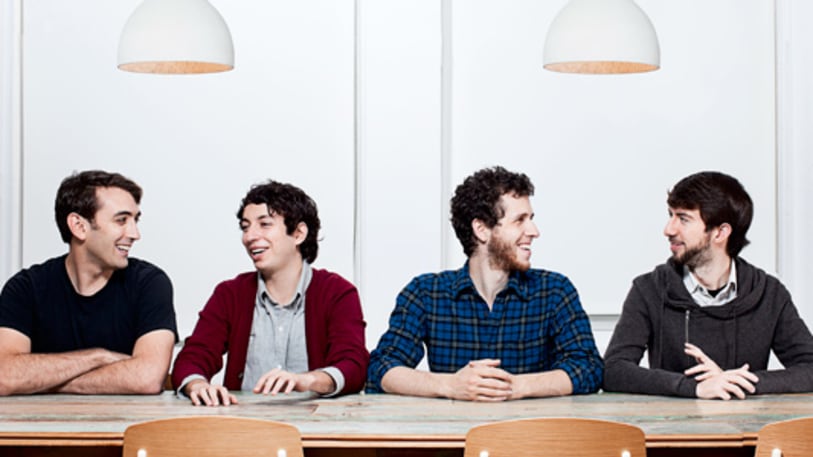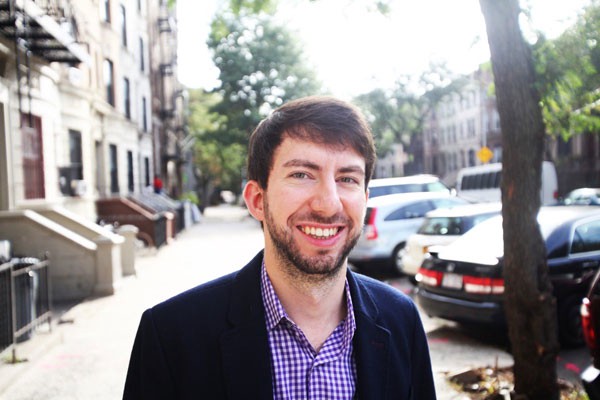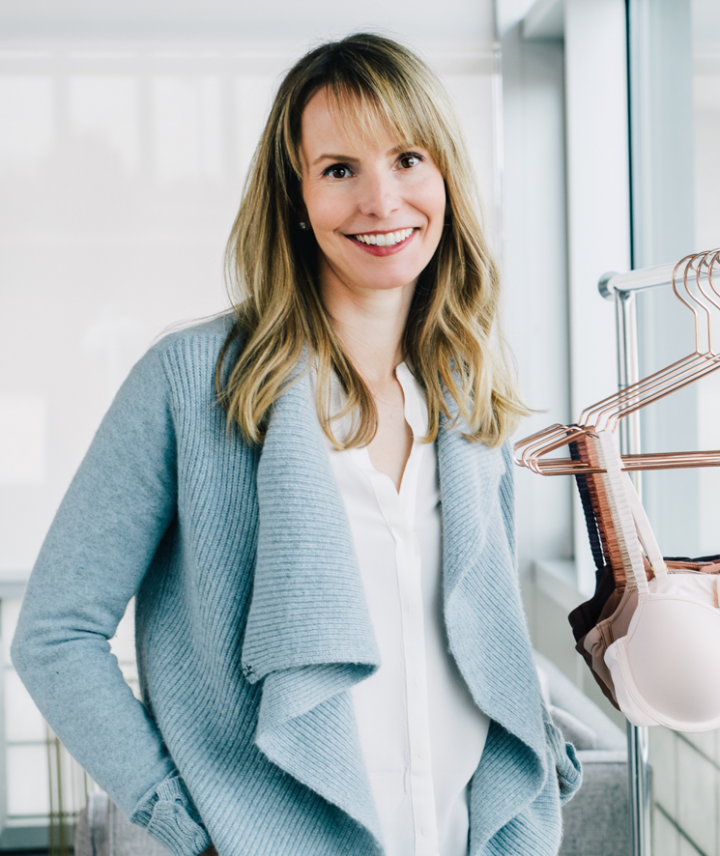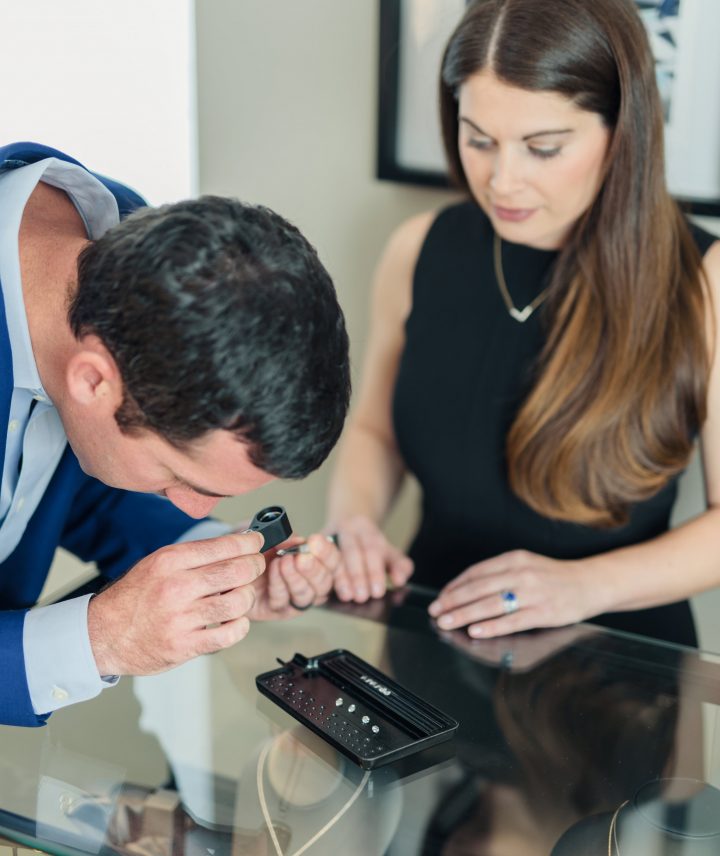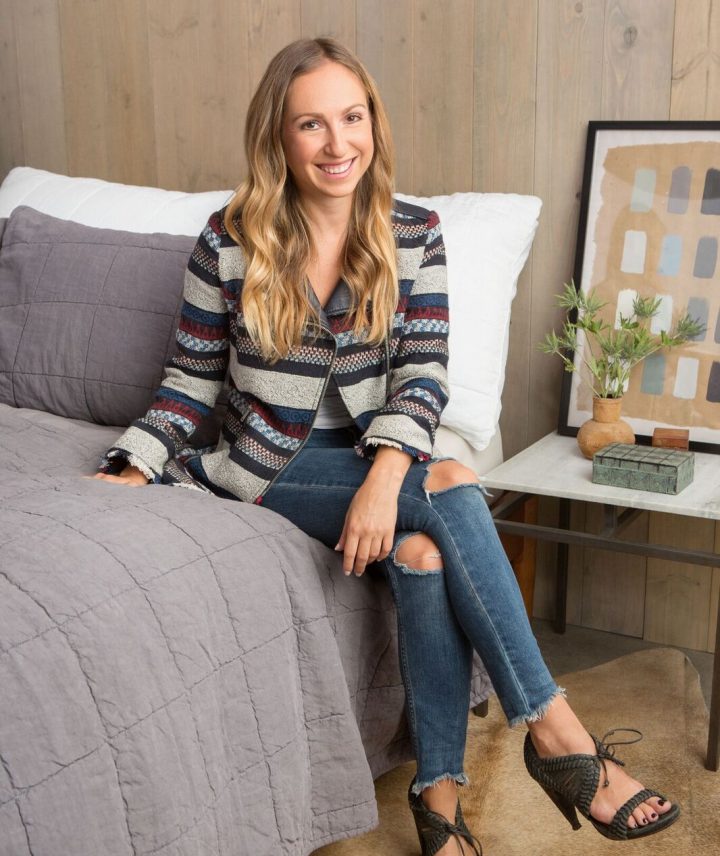Brad Hargreaves is the kind of guy you want to hate. Just 30-years-old, he cofounded coding bootcamp General Assembly (GA) back in 2010. And now he’s the CEO of his latest venture, a co-living startup called Common.
“I caught the entrepreneurship bug in 2004,” Hargreaves (shown below with his GA cofounders) remembers. “Yale’s endowment was returning 30% a year, so, the school was updating their buildings. They were practically giving all this beautiful old furniture away.”
Yale’s most useless—and therefore cheapest—antique? Card catalogs, which had helped the school’s libraries organize books according to the defunct Dewey Decimal System.
“[Future GA cofounder] Mark Brimer and I realized while the school was selling card catalogs for $50, collectors would pay $1,000-$2,000 for them online,” he continues. “So, we started buying truckloads of the things.”
As you can imagine, it was a lucrative (albeit niche) business—one Hargreaves remembers as undeniably fun.
“I had a better time skipping school, renting trucks and dragging card catalogs to our New Haven warehouse than I had at any class or any party… If you’re not having fun, you’re doing it wrong.”
